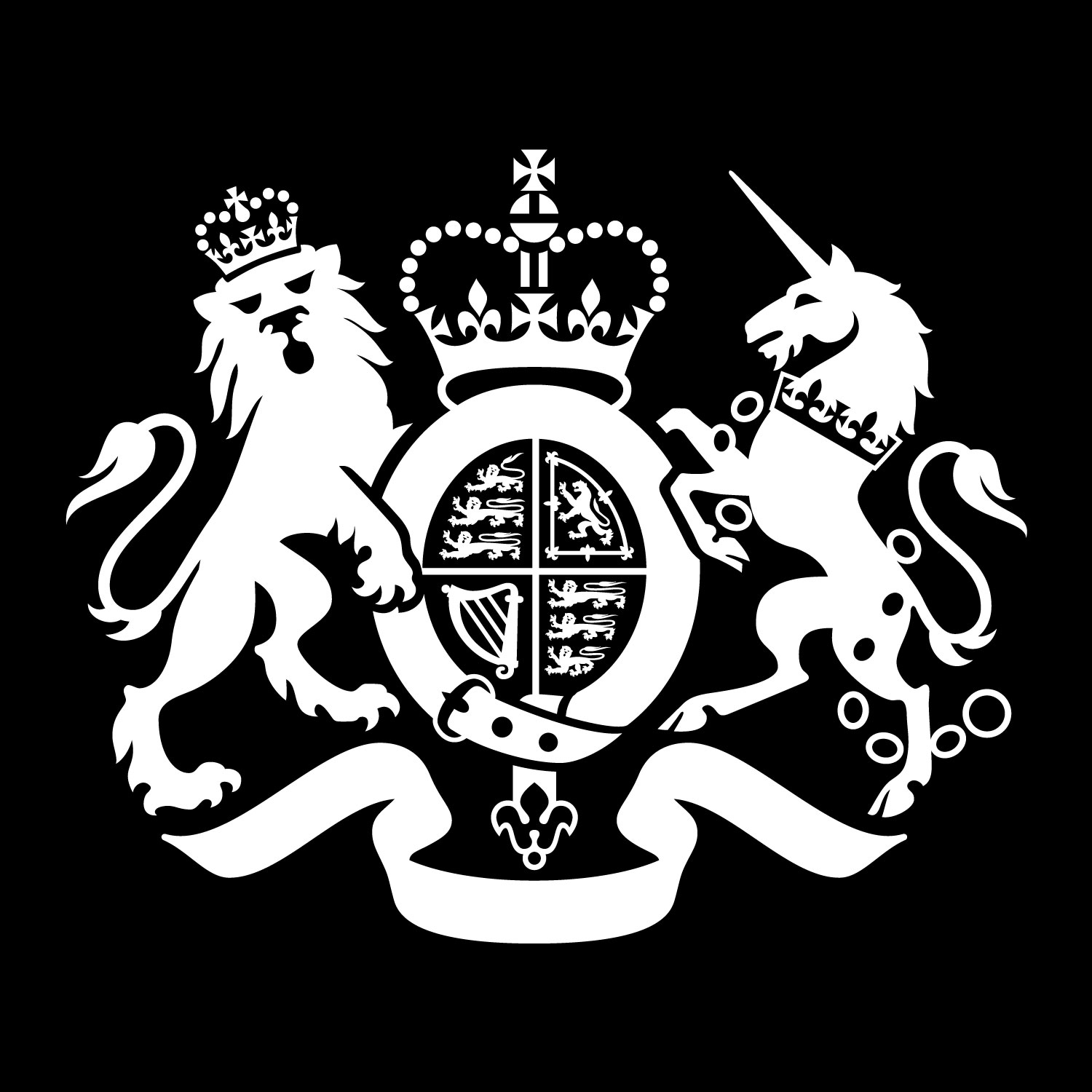Surrey, England, United Kingdom
Life Works - Surrey
Verified
Verified
This provider’s information has been quality-checked by Recovery.com’s Research Team for accuracy and completeness, including center verification through appropriate third-party organizations.
Provider's Policy
Life Works is a registered and approved provider for all of the UK’s leading private medical insurers, including Aviva, AXA Health, Bupa, Cigna, Healix, Vitality and WPA.
About Life Works - Surrey
Life Works, part of Priory, is a leading private rehabilitation centre in Europe, providing specialist treatment for addictions, eating disorders, and co-occurring mental health conditions. Using evidence-based and holistic care, Life Works offers residential treatment tailored to individual needs. Their expert multidisciplinary team, including psychiatrists, psychologists, therapists, and dietitians, ensures high-quality, personalised support in a compassionate environment.
Engage in Diverse Therapies for Lasting Change
Following an initial comprehensive assessment, treatment plans are customised to meet each client's needs. Therapy includes dialectical behaviour therapy (DBT), eye movement desensitisation and reprocessing (EMDR), motivational interviewing (MI), and psychoeducational workshops. Eating disorder treatment incorporates CBT-E, MANTRA, dietetic support, and exposure work. Family involvement is encouraged, with dedicated family therapy programmes to rebuild relationships. Aftercare services provide 12 months of free support for those completing a 28-day residential programme.
A Restorative and Supportive Healing Environment
Located in a beautiful Georgian manor, Life Works offers a serene, homely atmosphere with dual-occupancy en-suite rooms, landscaped gardens, and welcoming communal spaces. Clients can enjoy yoga, Tai Chi, guided walks, massage treatments, and mindfulness classes to support overall wellbeing. With on-site catering tailored to dietary needs, Life Works ensures a comfortable and supportive recovery experience.
Read More
Insurance Accepted
Provider's Policy:Life Works is a registered and approved provider for all of the UK’s leading private medical insurers, including Aviva, AXA Health, Bupa, Cigna, Healix, Vitality and WPA.

Cigna
Cigna's unique history traces back to 1792, but today they offer services to 190 million customers in 30 different countries across the globe.
See rehabs that accept this provider.NHS (UK)
<p>The NHS offers coverage to UK residents, excluding overseas visitors and illegal immigrants, with a few exceptions such as emergency care, treatment for children, and infectious diseases.</p>
See rehabs that accept this provider.Free, same-day assessments
Life Works is committed to making the recovery process as easy as possible, which is why they offer free, same-day addiction and eating disorder assessments with one of their treatment experts. This first step helps move patients towards the care they need as quickly and as seamlessly as possible. The assessments take place over the phone or via video call with a member of their specialist therapy team.

Center Overview
Men and Women
Men and women attend treatment for addiction in a co-ed setting, going to therapy groups together to share experiences, struggles, and successes.
Treatment Focus
This center treats primary substance use disorders and co-occurring mental health conditions. Your treatment plan addresses each condition at once with personalized, compassionate care for comprehensive healing.

Care Options







Treatment
Specializations
Alcohol
Using alcohol as a coping mechanism, or drinking excessively throughout the week, signals an alcohol use disorder.
Drug Addiction
Drug addiction is the excessive and repetitive use of substances, despite harmful consequences to a person's life, health, and relationships.
Eating Disorders
An eating disorder is a long-term pattern of unhealthy behavior relating to food. Most people with eating disorders have a distorted self-image.
Gambling
Excessive, repetitive gambling causes financial and interpersonal problems. This addiction can interfere with work, friendships, and familial relationships.
Sex Addiction
Compulsively seeking out sex can easily become a problem. This addiction is detrimental to relationships, physical health, and self-esteem.
Approaches
Evidence-Based
A combination of scientifically rooted therapies and treatments make up evidence-based care, defined by their measured and proven results.
Family Involvement
Providers involve family in the treatment of their loved one through family therapy, visits, or both–because addiction is a family disease.
Holistic
A non-medicinal, wellness-focused approach that aims to align the mind, body, and spirit for deep and lasting healing.
Individual Treatment
Individual care meets the needs of each patient, using personalized treatment to provide them the most relevant care and greatest chance of success.
Therapies
1-on-1 Counseling
Patient and therapist meet 1-on-1 to work through difficult emotions and behavioral challenges in a personal, private setting.
Meditation & Mindfulness
A practiced state of mind that brings patients to the present. It allows them to become fully aware of themselves, their feelings, and the present moment.
Animal Therapy
Animals can inspire trust and self-worth. In this experiential therapy, guided interactions are used to improve social skills and emotion regulation.
Art Therapy
Visual art invites patients to examine the emotions within their work, focusing on the process of creativity and its gentle therapeutic power.
Family Therapy
Family therapy addresses group dynamics within a family system, with a focus on improving communication and interrupting unhealthy relationship patterns.
Motivational Interviewing
Based on the idea that motivation to change comes from within, providers use a conversational framework to discover personalized methods for change.
Nutrition Counseling
Nutritious food helps patients heal from within, setting them up for mental and bodily wellness as they learn about healthy eating.
Psychodrama Therapy
Patients act out real or imagined scenarios under a therapist's guidance. These exercises foster creative thought, sponteneity, and problem-solving skills.
Psychoeducation
This method combines treatment with education, teaching patients about different paths toward recovery. This empowers them to make more effective decisions.
Conditions We Treat
Pornography Addiction
A person with a porn addiction is emotionally dependent on pornography to the point that it interferes with their daily life and relationships.
Eating Disorders
An eating disorder is a long-term pattern of unhealthy behavior relating to food. Most people with eating disorders have a distorted self-image.
Gambling
Excessive, repetitive gambling causes financial and interpersonal problems. This addiction can interfere with work, friendships, and familial relationships.
Gaming
Compulsive gaming is most often a problem for children and teens. The disorder can affect physical health, sleep, and the ability to focus at school.
Internet Addiction
Internet addiction is common among children teens. This compulsive disorder can damage relationships, school performance, sleep habits, and physical health.
Sex Addiction
Compulsively seeking out sex can easily become a problem. This addiction is detrimental to relationships, physical health, and self-esteem.
Substances We Treat
Alcohol
Using alcohol as a coping mechanism, or drinking excessively throughout the week, signals an alcohol use disorder.
Co-Occurring Disorders
A person with multiple mental health diagnoses, such as addiction and depression, has co-occurring disorders also called dual diagnosis.
Cocaine
Cocaine is a stimulant with euphoric effects. Agitation, muscle ticks, psychosis, and heart issues are common symptoms of cocaine abuse.
Drug Addiction
Drug addiction is the excessive and repetitive use of substances, despite harmful consequences to a person's life, health, and relationships.
Ecstasy
Ecstasy is a stimulant that causes intense euphoria and heightened awareness. Abuse of this drug can trigger depression, insomnia, and memory problems.
Heroin
Heroin is a highly addictive and illegal opioid. It can cause insomnia, collapsed veins, heart issues, and additional mental health issues.
Methamphetamine
Methamphetamine, or meth, increases energy, agitation, and paranoia. Long-term use can result in severe physical and mental health issues.
Opioids
Opioids produce pain-relief and euphoria, which can lead to addiction. This class of drugs includes prescribed medication and the illegal drug heroin.
Prescription Drugs
It's possible to abuse any drug, even prescribed ones. If you crave a medication, or regularly take it more than directed, you may have an addiction.
Aftercare
Experience
Personal Amenities
Amenities
Activities
Yoga
Yoga is both a physical and spiritual practice. It includes a flow of movement, breathing techniques, and meditation.
Off-Site Activities
Accommodations
Food & Nutrition
Treatment
Value
JPK
We love hearing about your treatment experience
Help individuals and families seeking treatment by sharing your first-hand experience with this treatment provider. Review Guidelines.

























